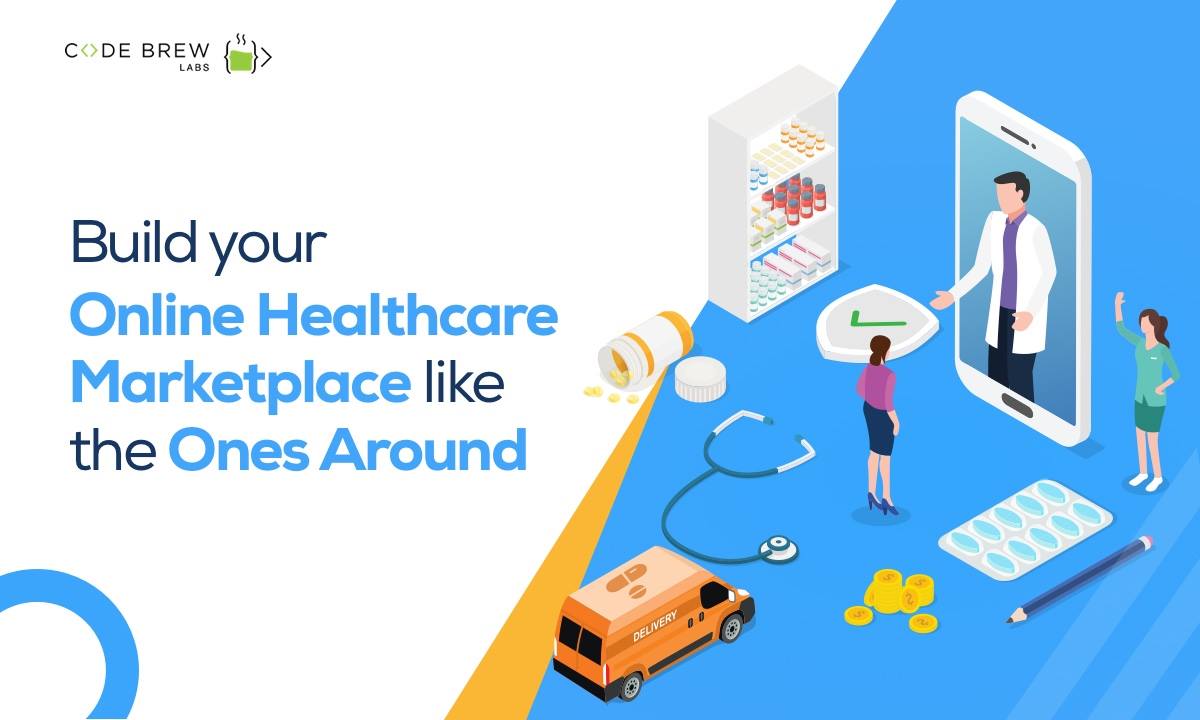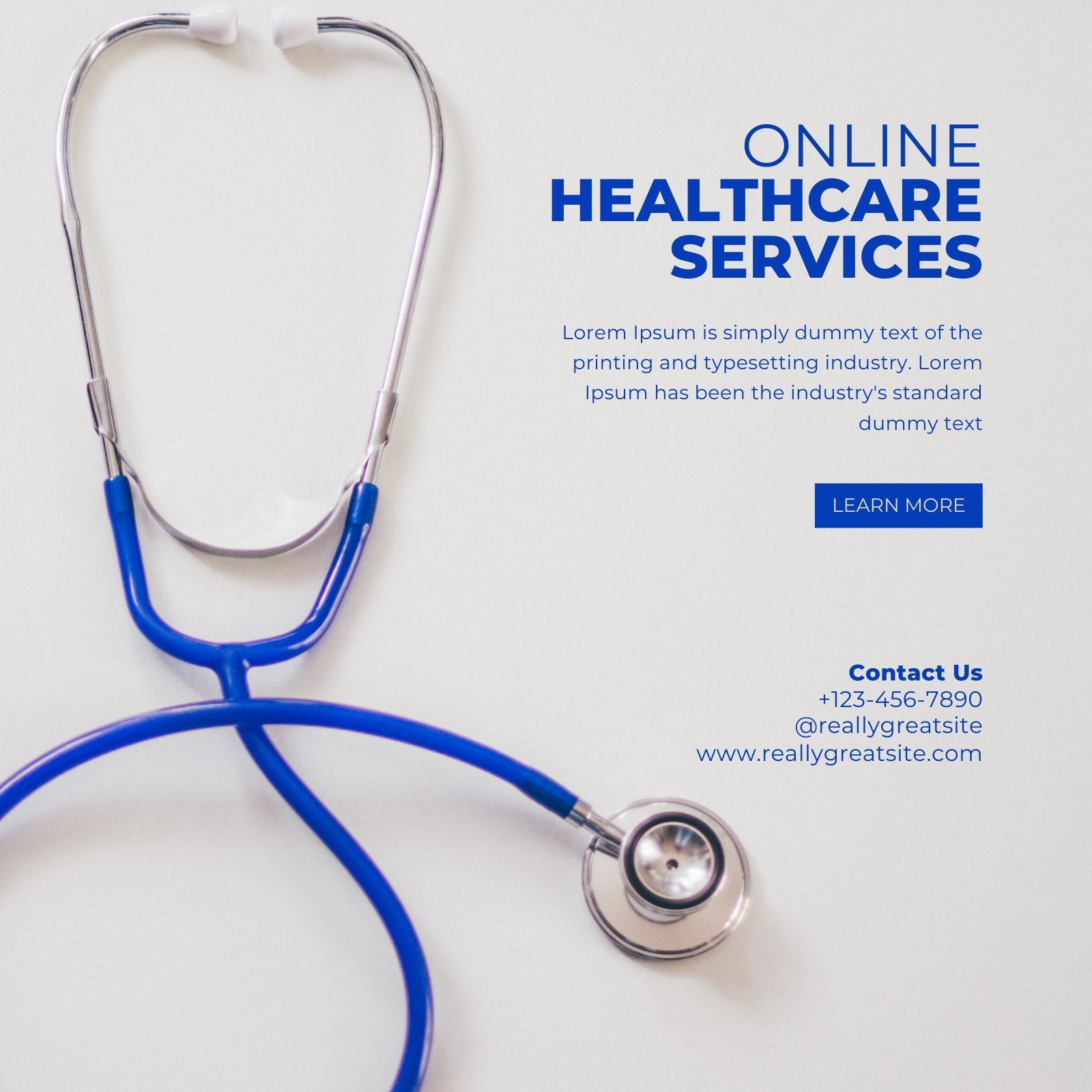Discovering the Growth of Subscription Based Healthcare in the Digital Age
Discovering the Growth of Subscription Based Healthcare in the Digital Age
Blog Article
The Rise of Subscription-Based Healthcare and Its Effect On Client Treatment
As healthcare evolves, the subscription-based model is obtaining grip, promising to reinvent person treatment by supplying predictability and access. The possibility for these versions to improve healthcare delivery raises pushing inquiries regarding their lasting sustainability and inclusivity. Are these membership solutions the future of health care, or do they run the risk of leaving at risk populations behind?
Comprehending Registration Health Care Designs
Understanding the concept of subscription healthcare models includes checking out a transformative technique to clinical solutions that highlights affordability and accessibility. These models, usually referred to as direct health care (DPC) or concierge medication, have emerged as innovative alternatives to standard fee-for-service medical care systems. Registration health care permits clients to pay a fixed regular monthly or annual charge for a defined collection of medical services, which might include endless workplace gos to, routine check-ups, and basic laboratory tests, without the demand for standard insurance policy invoicing.
The structure of registration medical care versions is developed to simplify client treatment by getting rid of third-party payers and complex payment codes, consequently minimizing administrative problems. Healthcare providers can focus a lot more on person treatment, cultivating stronger patient-provider relationships. This design additionally promotes preventative care by urging routine visits, as the financial obstacle of per-visit fees is gotten rid of.
The registration design usually equips healthcare carriers to manage smaller client panels, enabling more customized treatment. It aligns financial motivations with person wellness results, as suppliers are encouraged to keep person contentment and health. On the whole, comprehending subscription medical care designs calls for acknowledging their potential to improve just how care is delivered and accessed.
Benefits for Companies and patients

For companies, subscription-based versions supply the possibility to grow patient-provider relationships. With a stable earnings stream, healthcare specialists can commit more time per client, resulting in an extra individualized and comprehensive care experience. This version additionally reduces reliance on high client volumes, alleviating exhaustion and boosting task complete satisfaction. Furthermore, the focus on precautionary care within membership strategies can bring about much better individual results and lowered long-term health care expenses. By concentrating on continual care, carriers can address issues before they escalate, ultimately benefiting the health care system as an entire by decreasing the worry on emergency situation and acute care solutions.
Difficulties and Problems
While subscription-based health care designs present various benefits, they also include a set of difficulties and worries that have to be addressed. Initially, accessibility remains a considerable concern, as these versions commonly target individuals that look what i found can pay for monthly costs, possibly omitting low-income populations. This increases moral inquiries regarding fair accessibility to health care solutions. Additionally, the diverse nature of membership plans can lead to confusion amongst clients concerning coverage specifics, potentially causing unmet expectations or insufficient treatment.
Financial sustainability of subscription-based versions is another problem. Carriers should balance the set earnings informative post from subscriptions with the variable costs of health care solutions, which might rise and fall due to unpredicted clinical needs. This can create pressure to restrict services or boost fees, potentially impacting patient contentment and care quality.
Moreover, regulative oversight of subscription-based healthcare designs is still evolving. Resolving these difficulties is crucial for the equitable and effective implementation of subscription-based healthcare.
Effect On Patient-Doctor Relationships
One significant influence of subscription-based healthcare models on patient-doctor partnerships is the potential for enhanced connection and individualized care. By taking on a membership design, doctors can take care of a smaller sized person panel, permitting even more committed time with each person. This enhanced availability cultivates a much deeper understanding of a client's case history, lifestyle, and preferences, making it possible for much more customized therapy plans and interventions.

However, it is necessary to recognize that while subscription-based models may benefit those that can afford them, they can accidentally broaden healthcare variations. Clients who are not able to join these versions might experience decreased access to personalized treatment, possibly affecting their partnerships with doctor. Thus, while the subscription version uses appealing benefits for patient-doctor partnerships, it additionally postures challenges that require to be dealt with to ensure equitable medical care accessibility.
Future of Medical Care Access

The function of modern technology can not be overlooked in this transformation. Telemedicine platforms and digital health documents help with smooth interaction in between individuals and doctor, breaking down geographical and logistical obstacles. Additionally, innovations in synthetic knowledge and information analytics can better personalize clinical care by forecasting individual needs and enhancing treatment strategies.
Nevertheless, the future of health care access likewise presents difficulties, such as ensuring equity across various socio-economic teams. Policymakers and healthcare carriers need to collaborate to connect the digital divide, making sure that subscription-based versions stay comprehensive and affordable. As these systems mature, they hold the pledge of making healthcare more easily accessible, effective, and patient-centric.
Verdict
Subscription-based medical care models are reshaping individual treatment by giving a steady cost framework and improving ease of access. The surge of subscription-based health care urges aggressive person involvement, which has the possible to enhance person outcomes and fulfillment, signaling a transformative change in medical care shipment.
As healthcare progresses, the subscription-based design is gaining grip, guaranteeing to change individual treatment by providing predictability and availability.Subscription-based medical care versions supply unique benefits for both clients and suppliers, enhancing the total health care experience.As healthcare systems advance, the future of healthcare access often hinges on the integration of cutting-edge models and technologies.Subscription-based health care models are reshaping client treatment by providing a secure expense structure and boosting accessibility. The surge of subscription-based health care motivates positive client involvement, which has the potential to boost individual end results and fulfillment, signaling a transformative shift in health care distribution.
Report this page